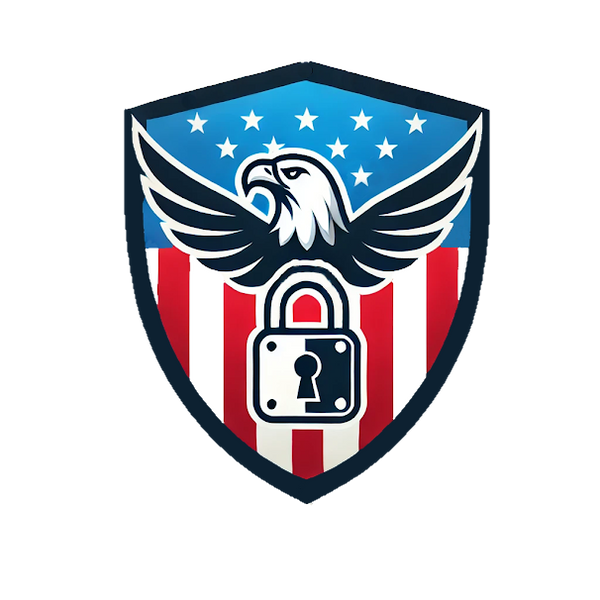BREAKING: Sinaloa Cartel Hacks FBI Agent’s Phone, Uses Public Surveillance to Kill Informants
Share
Federal investigators have confirmed what sounds like the plot of a cyber-thriller: the Sinaloa Cartel reportedly hacked the phone of an FBI agent and used public surveillance systems—not classified intelligence—to track and assassinate confidential informants.
But here’s what makes this chilling: they didn’t need military-grade tools or government clearance. They weaponized what’s already out there—open-source data.
Using digital breadcrumbs that most people leave behind daily, the cartel allegedly accessed:
- Public security camera feeds
- Online property records
- Traffic and transit logs
- Social media geotags
- Basic phone data from the compromised agent
These fragments, available to anyone with time and motive, were enough to build a kill list.
This case is a turning point. If the world’s most violent criminal networks can exploit everyday digital exhaust to commit targeted assassinations, no one is immune to weaponized personal data.
And while you may not be an FBI agent, your personal information—your address, routines, family ties—can be used against you. Cybercriminals, scammers, stalkers, and even foreign actors all operate with similar playbooks. They gather, cross-reference, and exploit publicly accessible data to gain leverage, manipulate behavior, or inflict harm.
What Can You Do?
Most people don’t realize how exposed they are until it’s too late. Your name in a breach. Your address in a search engine. Your habits tracked by your own devices.
That’s where we come in.
At Patriot Protect, we scan for your exposure across thousands of sources—data brokers, dark web forums, breach dumps, people-search sites—and help remove what can be used against you. Because if you’re not watching your digital footprint, someone else might be.
Your life is not private. But it can be better protected.
